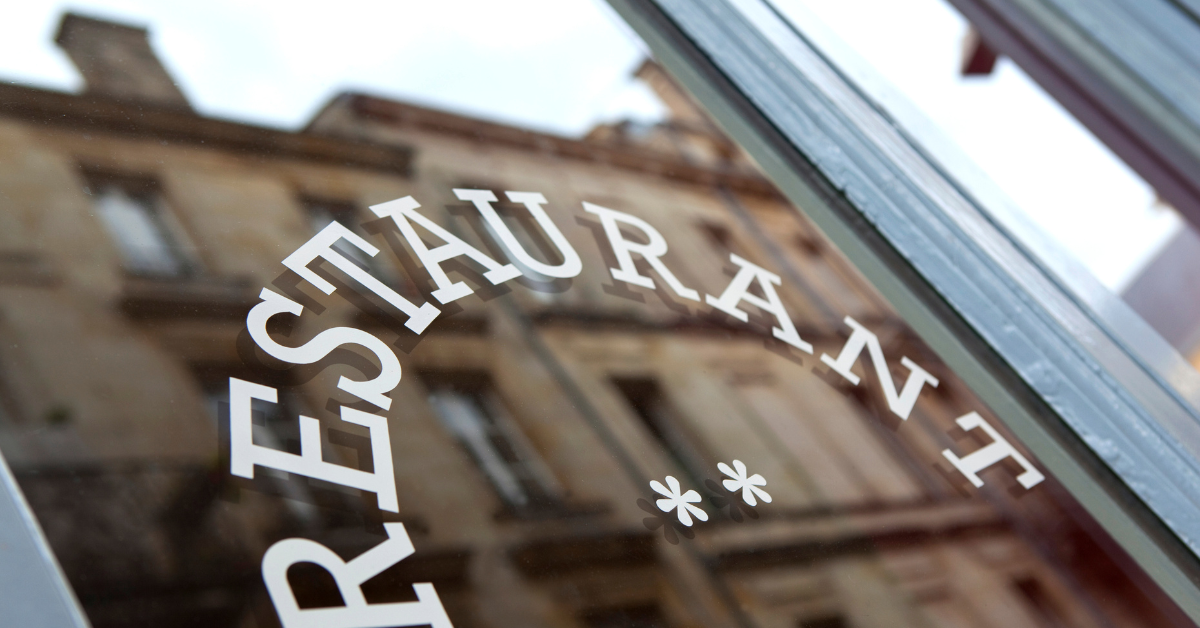Getting an “A” on a health inspection used to be tough. Now? It’s a full-on gladiator match. Across the U.S., nearly every state and city runs some version of a kitchen inspection program. Whether it’s the Florida Department of Business and Professional Regulation, the Los Angeles County Department of Public Health, or the titans of scrutiny over at NYC’s Department of Health and Mental Hygiene, the goal is simple: protect diners. But how they do it, and how intense the standards have gotten? That’s where it gets tricky.
New York City, for example, doesn’t mess around. Their inspectors walk in clipboard-first and eyes sharp. Every unnoticed crumb or degree off in your refrigeration unit’s temp could send your letter grade from A to B—or worse. And it’s not just New York. Places like Chicago, Boston, San Francisco—they’re all doubling down. The days of skating by on charm and good intentions are long gone. A shiny dining room and stellar service won’t save you if your walk-in fridge is hitting 45°F instead of 41°F. That’s four little degrees… and one big citation.
Why Health Inspections Are Getting Tougher
Over the past decade, public pressure and food safety transparency have cranked up the heat on health departments. Diners want to know what’s happening behind the kitchen door. And with sites like Yelp now showing health grades, a single misstep can turn into a PR nightmare.
Plus, departments themselves have started integrating tech: digital scoring, real-time inspection uploads, automated flagging for repeat violations. Combine that with the aftershocks of the pandemic—like staffing shortages, supply chain issues, and general burnout—and it’s no wonder restaurants are struggling more than ever to hit that elusive “A.”
Temperature Violations: The Silent Grade Killer
Ask any seasoned restaurant owner what tanked their grade, and you’ll hear one phrase again and again: “The fridge.”
Health codes across the country are clear. Cold-holding units must keep food at or below 41°F. That’s not a suggestion. That’s law. And it’s not just the main cooler—prep tables, undercounter fridges, dessert stations—every single one is fair game. If your mozzarella balls are sitting at 43°F when the inspector sticks their thermometer in? That’s points off.
Same with hot-holding. Food that’s meant to stay hot must be at 135°F or above. Drop below that during a busy brunch rush? Points.
But here’s the kicker: most of these temperature violations come from equipment failure, not human error. Motors overheat. Thermostats die. Door gaskets wear down and let in warm air. And unless your line cooks are secretly part-time mechanics, you won’t even notice until it’s too late.
Where Day & Nite All Service Comes In
This is where Day & Nite All Service makes all the difference. They’re not just repair techs. They’re the quiet force that stands between you and a B-grade warning sign on your front window.
With decades in the industry, they know exactly how and why equipment fails—and how to stop it from happening. Their technicians don’t just fix what’s broken. They identify early warning signs, fine-tune systems before inspections, and help restaurants stay one step ahead of even the pickiest inspector.
You know those moments when a walk-in compressor starts making a weird sound at 10:47 p.m. on a Saturday? Yeah—they’re on that. Or when your reach-in is reading 42.5°F, but the thermometer says 39? They’ll catch that calibration issue before the health department does.
It’s Not Just About Avoiding a Bad Grade—It’s About Reputation and Revenue
One bad health grade doesn’t just sting. It sticks. Customers see it. Online reviewers magnify it. Delivery apps might pause your listings. And competitors? They don’t mind swooping in to take your lunch rush crowd.
Then there’s the financial hit. A bad inspection can lead to forced closures, mandatory reinspections, and steep fines—not to mention spoiled food and canceled reservations.
But the flip side? An “A” rating builds trust. It tells your diners: “We care. We’re clean. You’re safe here.” That’s why restaurants that partner with Day & Nite All Service don’t just stay open—they thrive. They avoid emergencies, extend the life of their equipment, and breeze through inspections with confidence instead of dread.
What You Can Do Right Now
If you’re serious about that “A,” don’t wait until inspection day to scramble. Build a maintenance schedule. Keep logs of internal food temperatures. Train your staff on proper storage, labeling, and cleaning routines.
And most importantly—get professionals involved. Schedule a kitchen inspection pre-check with Day & Nite All Service. Let their experts walk through your space, spot vulnerabilities, and fine-tune everything from refrigeration to ventilation.
Because in the restaurant world, an “A” isn’t just a letter. It’s a badge of honor. And with Day & Nite on your side, it’s a whole lot easier to earn.

